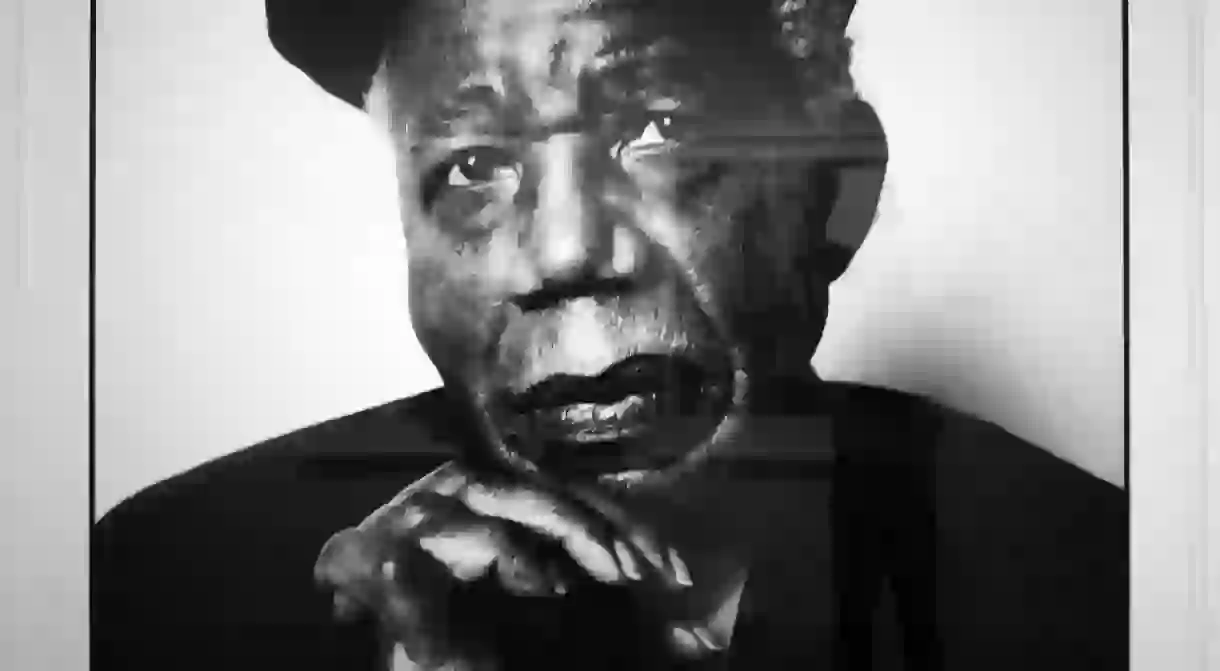Chinua Achebe: The Father of African Literature

2013 saw the sad loss of one of Africa’s most prominent authors and respected scholars: after a short illness, Chinua Achebe died at the age of 82 in Boston, USA. His death saw an outpouring of tributes from those in the arts and politics, including Nelson Mandela, Nobel Prize winner Wole Soyinka and hip-hop artist and actor Tariq Trotter.
Born on the 16th of November 1930 in the Igbo town of Ogidi, Nigeria, Achebe was widely known for his novels, essays and poems. Heavily influenced by Igbo traditions, these works drew on folk tales and proverbs, and questioned Western ideas of Africa. Achebe’s most widely read book, his debut novel Things Fall Apart, was first published in 1958 and explores the clash between traditional African culture and colonialism in a fictional Nigerian village during the 1890’s. The novel is rightly held as a modern African masterpiece, while at the time causing controversy for being written in the English language. Achebe reasoned that the use was a powerful tool in the fight to regain ‘what is yours’; English being the language of colonisation.
Things Fall Apart was followed by a sequel, No Longer at Ease (1960), which follows the character of Obi Okonkwo, the grandson of the protagonist in his first book. Okonkwo leaves his Nigerian village for an education in Britain, but soon struggles with the Western lifestyle and pressures of his family’s expectations.
Arrow of God is Achebe’s third novel in what is often considered as The African trilogy. Published in 1964, it takes its title from an Igbo proverb and was influenced by real events. The novel is set during the 1920’s and centres on the chief priest of an Igbo village who proudly refuses to follow the new colonial rule, leading to his imprisonment and loss of the village’s traditions.
Achebe also widely published a number of essays, poems and children’s books, with a number of the essays collected together as The Education of a British-Protected Child. While many of these works were critically acclaimed, his 1975 essay An Image of Africa: Racism in Conrad’s Heart of Darkness was less so. Reading his essay during a lecture, Achebe presented Conrad as a racist and claimed that the novel dehumanised Africans. It was a lecture that split academics, with many walking out and expressing their anger at his attack on a Western literature giant, while others applauded him for this eye-opening perspective.
During his lifetime Achebe was the recipient of a number of awards, including the Commonwealth Poetry Award in 1974, the Man Booker International Prize in 2007 and the Dorothy and Lillian Gish Prize in 2010. Though often regarded as an obvious nominee for the Nobel Prize, Achebe never received the honour, with some believing that his attack on Conrad was the ruling factor for this lack of recognition.
After a car crash in 1990, Achebe was left paralysed, and though limited to a wheelchair, he still managed to continue within academia. Achebe was the Charles P Stevenson Professor of Languages and Literature at Bard College in New York before taking up the position of the David and Marianne Fisher University Professor of Africana Studies in 2009, a role he held until his passing on the evening of Thursday the 21st March 2013.
Achebe leaves behind him a powerful legacy; a literary titan, who was at the forefront of African literature throughout his career and who was the author of the most widely read African novel in the 20th century. He was a man trying to define his identity as an Igbo writer, and a man who managed to teach Western Literature that there was so much more to Africa than what many believed.
By Kate Kelsall













